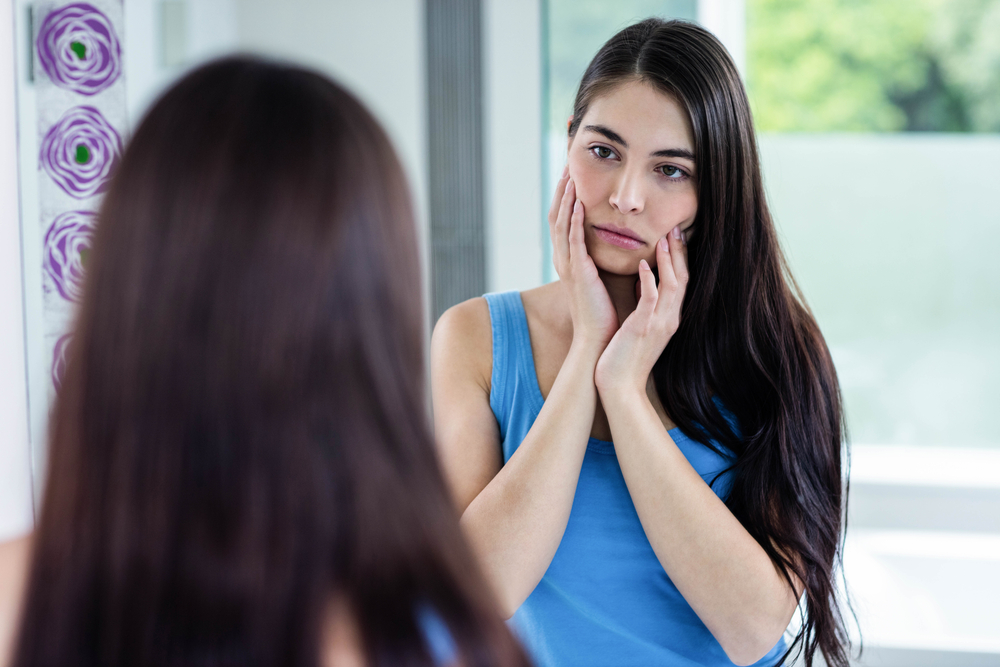Another Study Shows the Discrimination Women Face in the Workplace

Women who weigh even slightly more than their peers are more likely to face discrimination when applying for certain jobs, a recent study from Scotland finds.
In the study, researchers found that people were less likely to say they'd hire a slightly heavier woman for a job than an equally qualified woman who weighed less.
Previous research has shown that people who are overweight or obese face discrimination in the workplace, according to the study, published in September in the journal PLOS ONE.
The new findings, however, show that "women, even within a medically healthy BMI range, still face discrimination" for certain jobs, Dennis Nickson, a professor of human resource management at the University of Strathclyde in Scotland and the lead author of the study, said in a statement. [5 Myths About Women's Bodies]
In the study, the researchers asked 120 participants to rate photos of 32 people for their suitability for two different types of jobs: one in which they interacted with customers (such as a waiter or sales assistant), and one in which they did not (such as a kitchen worker). The participants were told that all of the "job applicants" were equally qualified for the jobs, according to the study. They rated each of the photos on a scale of 1 (extremely unlikely to hire) to 7 (extremely likely to hire).
The participants did not know that 16 of the photos were part of the experiment. Photos of four men and four women were shown twice — once with their "original" face and once with a digitally altered version of their face in which a few pounds were added.
The amount of weight that was digitally added to the women's faces was meant to simulate a small increase in their body mass index (BMI). However, the BMI of the women in the altered photos still fell, on average, within the normal-weight range of 18 to 24.9, according to the study.
Sign up for the Live Science daily newsletter now
Get the world’s most fascinating discoveries delivered straight to your inbox.
The researchers found that overall, the participants rated the slightly heavier versions of the faces as less hirable for all of the jobs than the thinner versions of those same faces. In addition, the participants viewed the "heavier" women even more negatively when they were considering hiring someone for a job that involved interacting with customers, the researchers found.
In addition, the heavier versions of the women's photos were viewed more negatively than the heavier versions of the men's faces, and even more negatively than the men who were "overtly in the overweight range," according to the study.
It appears that "even seemingly minute changes to the shape, size and weight of the body" can affect the way female job applicants are perceived, the researchers wrote.
Indeed, the findings "highlight the unrealistic challenge women face against societal expectations of how they should look," Nickson said.
"The results of the study are deeply unsettling from the viewpoint of gender inequality in the workplace," Nickson said. "From a business point of view, we would argue that employers should consciously work against such prejudice and bias by providing sensitivity training for those responsible for recruitment," he said.
Originally published on Live Science.











